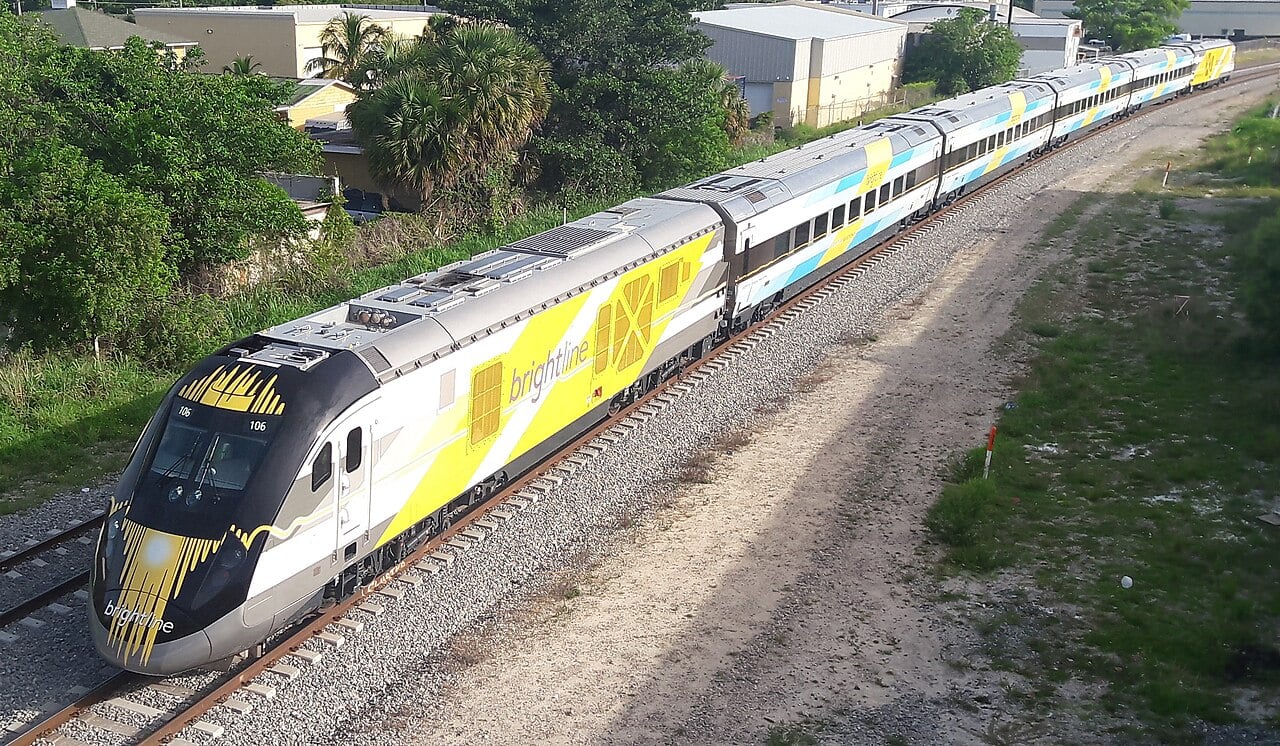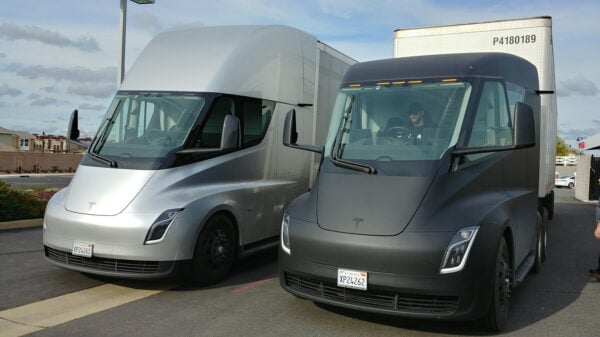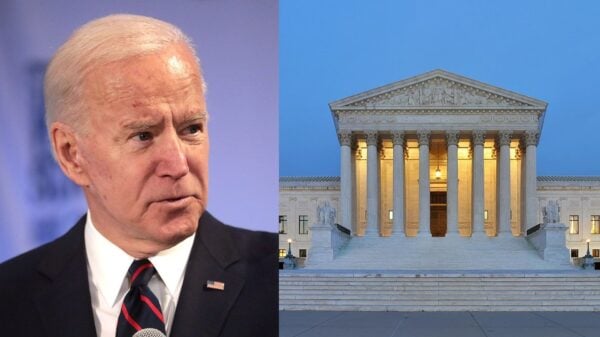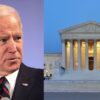Brightline, the company behind a high-speed train service that reaches speeds of 125 mph in the state of Florida, plans to connect two major cities in the US by way of a future route named Brightline West. The new venture aims to connect Las Vegas to Rancho Cucamonga, California, via a train that travels at over 200 mph, and it’s projected to cost a whopping $12 billion. Brightline executives are optimistic about the new route and hope the construction will be completed by the 2028 deadline, which will perfectly align with the beginning of the Olympic games set to be held in Los Angeles in the summer of the same year. However, for construction to begin in spring this spring, they will first need their aspired financing to fall into place.
The Biden administration has shown support for the private initiative, having pledged to inject around $3 billion of US taxpayer’s money into the venture and further offered Brightline access to $3.5 billion in tax-exempt bonds. The decision aims to showcase that privately-owned companies can prosper. In contrast, several public projects of a similar nature, including California’s long-delayed Los Angeles to San Francisco project, have faced challenges. In 2008, a publicly funded project aimed to link San Francisco to Los Angeles via a “bullet train.” However, the financial outlook for California’s high-speed rail project, initially projected to cost around $40 billion, has increased significantly over the years. According to statements released by Californian officials, a 171-mile stretch of the route between Merced and Bakersfield cost a staggering $25 billion. Estimations suggest an additional $100 billion will be required to complete the project, underscoring a significant leap from the original budget estimate.
Republican State Senate Minority Leader Brian Jones has expressed strong skepticism regarding the project’s feasibility, stating, “It’s never going to get built.” According to the senator, the extension, which aims to link San Diego to Los Angeles, has caused several problems before going on to reiterate that the entire project is “$100 billion away” from completion. Over the past few years, Jones hasn’t shied away from voicing his opinion, urging state officials to terminate the entire project on several occasions. However, despite the obvious financial hurdles that lie ahead, California State Senate High-Speed Rail Authority’s CEO, Brian Kelly, is hopeful the state will find the additional funds required and is actively seeking further support from the federal government and private industry.
Kelly spoke on the importance of performance improvement in garnering public support. The CEO believes the authority is “performing better today than it was” and expects continued progress. His viewpoint aims to showcase the project’s potential benefits and operational enhancements to the public and stakeholders alike. However, this hasn’t stopped critics from voicing their concerns. Many have used it as an opportunity to suggest the project is diverting funds from other pressing issues facing California residents, including housing, education, and mental health. The long-term commitment to spending taxpayer dollars on completing the project has led to speculation in California centered on whether or not the state funds are being allocated in the best interests of the state’s inhabitants. The ongoing debate and financial challenges leave California’s high-speed rail project at a crossroads. The final outcome will have significant effects on the state’s transportation infrastructure but also set a precedent for large-scale public infrastructure projects across the country.



















